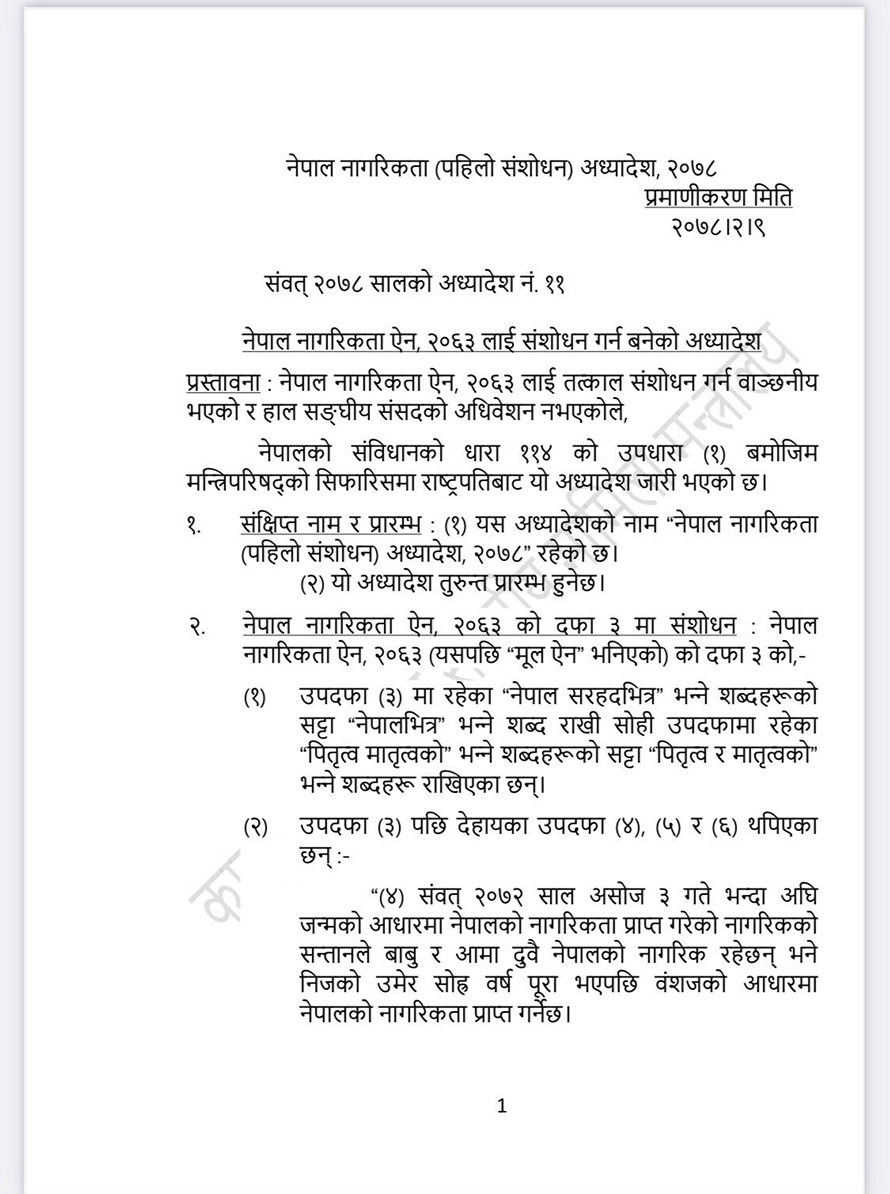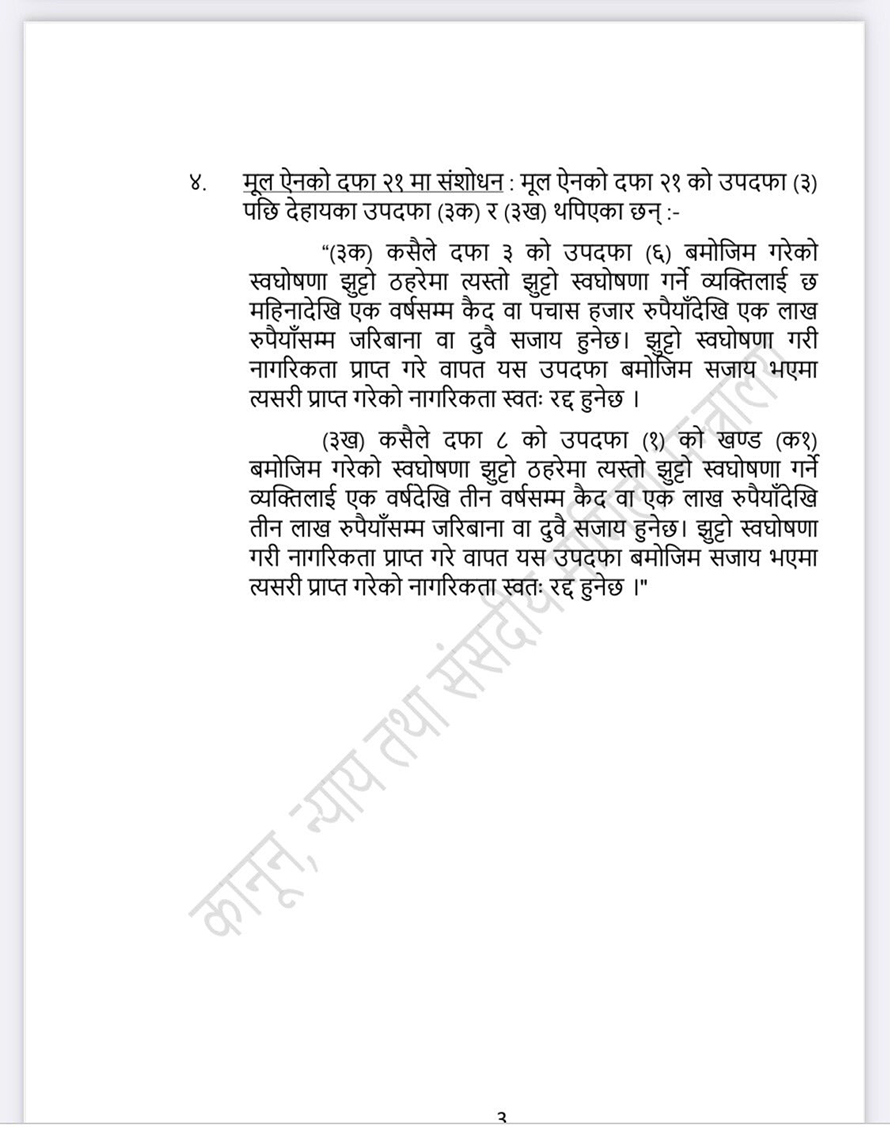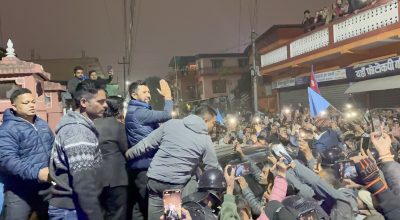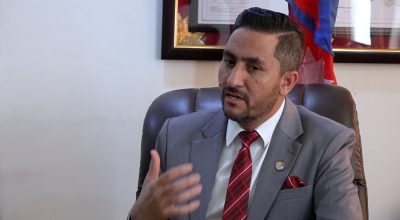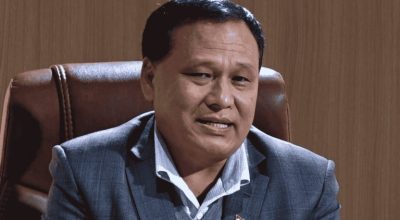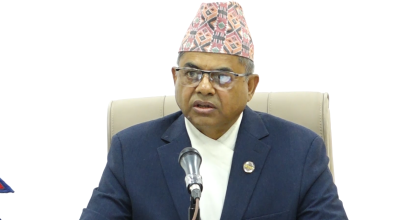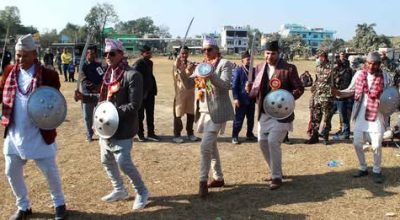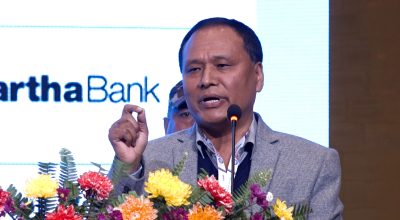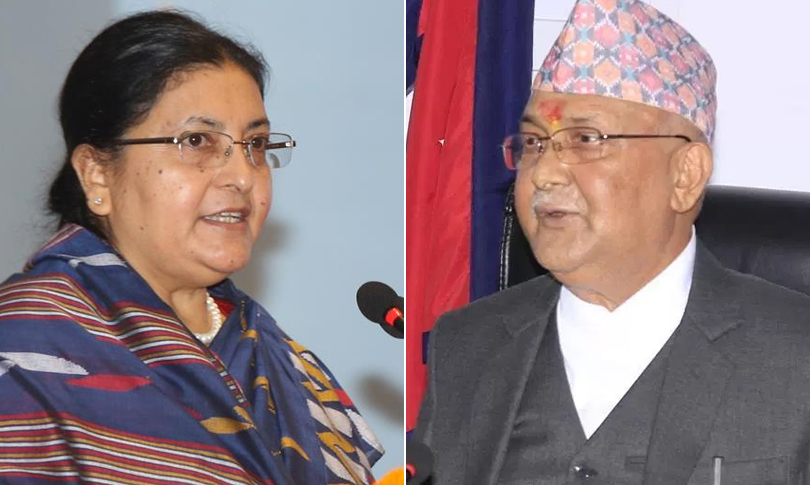
KATHMANDU: President Bidya Devi Bhandari has issued an ordinance on citizenship. On Sunday, Bhandari issued the Nepal Citizenship (First Amendment) Ordinance 2078 BS.
A statement issued by the Office of the President states that the ordinance was issued on the recommendation of the government in accordance with Article 114 (1) of the Constitution.
However, political parties, constitutional law experts and rights activists have expressed reservation on the controversial citizenship ordinance.
The terai-based Janata Samajbadi Party (JSP) have been raising citizenship issue for the long time, claiming that thousands of terai people have been discriminated to receive citizenship.
Minister for Law, Justice and Parliamentary Affairs Lilanath Shrestha said that the ordinance came as per the Constitution and the order of the Supreme Court. According to him, the ordinance has addressed two key issues.
First, to grant citizenship on the basis of descent to the minor children of those who have obtained citizenship on the basis of birth before 20 September 2015AD.
Second, to grant citizenship on the basis of descent if the Nepali citizen was born in Nepal and settled in Nepal and the father has not been identified. But if the father of a person who has obtained citizenship in this way becomes a foreigner, the citizenship of the descendant will not be maintained. If the citizenship of the country in which the father resides has not been obtained, it will be declared that his citizenship will be adopted.
Minister for Law, Justice and Parliamentary Affairs Lilanath Shrestha said that the ordinance came as per the Constitution and the order of the Supreme Court. According to him, the ordinance has addressed two key issues.
First, to grant citizenship on the basis of descent to the minor children of those who have obtained citizenship on the basis of birth before 20 September 2015AD.
Second, to grant citizenship on the basis of descent if the Nepali citizen was born in Nepal and settled in Nepal and the father has not been identified. But if the father of a person who has obtained citizenship in this way becomes a foreigner, the citizenship of the descendant will not be maintained. If the citizenship of the country in which the father resides has not been obtained, it will be declared that his citizenship will be adopted.
